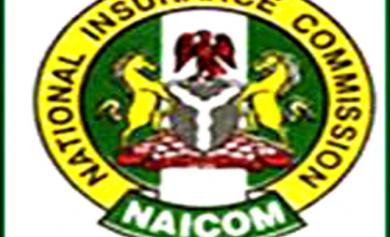
The central objective of supervisors and regulators is to boost confidence in the financial system and to use all available tools to ensure that financial institutions are not controlled by criminals or being misused for criminal purposes, the National Insurance Commission (NAICOM) has said.
The Commissioner for Insurance and Chief Executive Officer of NAICOM, Mr. Fola Daniels, stated this at this year’s Anti Money Laundering and Combating the Financing of Terrorism (AML/CFT) Directors’ Awareness Workshop in Lagos.
Daniels noted that money laundering was a serious crime that impedes the social, economic, political and cultural development of societies worldwide.
He noted that fighting money laundering involved combating the recycling of illegally gained proceeds and providing additional tools to detect and go after the underlying crime.
“Terrorism and its financing are also affecting both national and international economies. As do money launderers, terrorists raise their funds through various profitable activities that mainly stem from criminal acts such as kidnapping, extortion, large scale smuggling, narcotics trafficking, robbery and theft. Terrorism would require the financial services infrastructure to mobilise and channel their funds,” Daniels said.
He noted that to assist national governments to implement effective anti- money laundering progammes, the Financial Action Task Force (FATF) issued a list of 40 recommendations which set out basic, universally applicable framework of measures against money laundering.
Daniels added that the FATF has also issued out nine special recommendations on terrorist financing as new international standards to supplement the 40 recommendations.
He noted that at the regional level, GIABA (the FATF styled regional body) has been very active in ensuring compliance with FATF 40 plus 9 recommendations in West Africa, adding that it has achieved this through continuous researches, awareness campaign as well as through constant mutual evaluation of the member states.
Daniels said that at the national level, the NFIU has been established to coordinate and direct the national AML/CFT supervisory regime.
He noted that realising that effective supervision was pivotal to the success and impact of the country’s AML/CFT system, the commission within the last 12 months has taken appreciable bold steps.
Daniel said the workshop was inevitable and designed to enable the commission carry company directors along in the task of achieving industry compliance with the AML/CFT regime.
“Every insurance institution has the obligation to know its customers and to report suspicious transactions. Although these obligations sound straight forward, they have proved challenging to implement,” he said.
?

